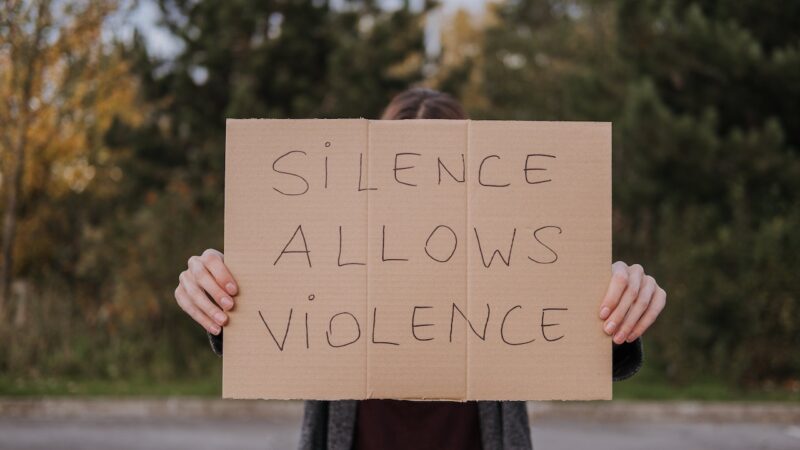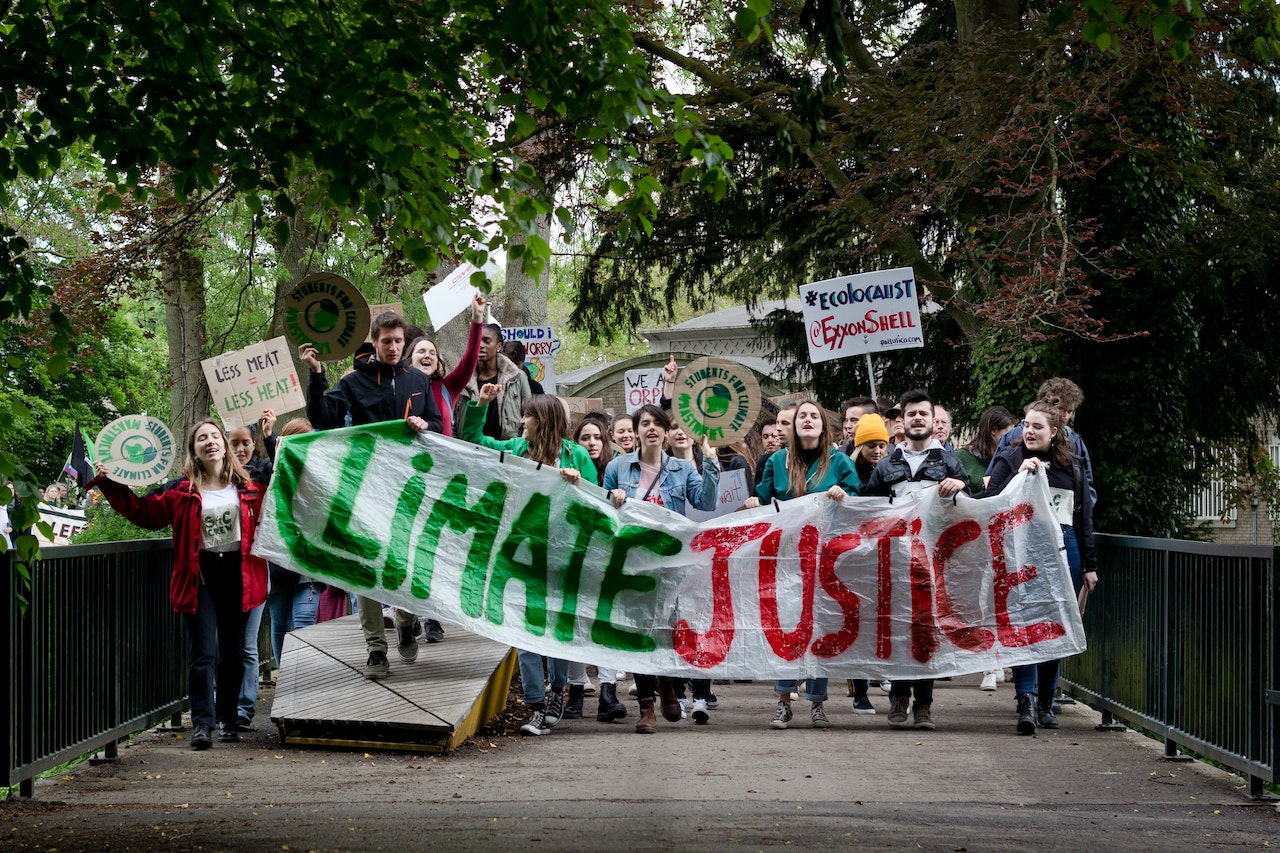Equality & Human Rights

Democracy depends on the guarantee of equal rights under law and freedom from discrimination for all individuals in a society. If the rights and freedoms of one segment of the population are violated with impunity, the same sorts of abuses are likely to be visited on others. Those forced to endure a subordinate status have less incentive to play by the rules, creating a vicious circle of defiance and repression.
Freedom House supports frontline activists in their efforts to defend fundamental rights, including to document abuses, advocate for justice, end impunity, and fortify the self-protection of human rights defenders. We also provide emergency assistance to human rights defenders who come under threat and work with activists to broaden public support for upholding human rights and the fight for equality.
The general principle of equality and non-discrimination is a fundamental element of international human rights law.
A useful definition of non-discrimination is contained in Article 1(1) ILO 111, which provides that discrimination includes: ‘Any distinction, exclusion or preference made on the basis of race, colour, sex, religion, political opinion, national extraction or social origin, which has the effect of nullifying or impairing equality of opportunity or treatment in the employment or occupation [?].’ Thus, the right to equal treatment requires that all persons be treated equally before the law, without discrimination. The principle of equality and non-discrimination guarantees that those in equal circumstances are dealt with equally in law and practice. However, it is important to stress that not every distinction or difference in treatment will amount to discrimination. In general international law, a violation of the principle of non-discrimination arises if: a) equal cases are treated in a different manner; b) a difference in treatment does not have an objective and reasonable justification; or c) if there is no proportionality between the aim sought and the means employed. These requirements have been expressly set out by international human rights supervisory bodies, including the European Court (see, e.g.,Marckx v. Belgium), the Inter-American Court (see, e.g,. Advisory Opinion No. 4, para. 57) and the Human Rights Committee (see, e.g., General Comment 18, para. 13 andJacobs v. Belgium).
The principle of equality can in certain circumstances require a state to take affirmative action in order to diminish or eliminate conditions that cause or help to perpetuate discrimination. The Human Rights Committee has clearly stated this obligation in General Comment 18, and the Committee on Economic, Social and Cultural Rights frequently refers to the duty to take affirmative action in its Concluding Observations. For further analysis of this principle, see I§3.B.









